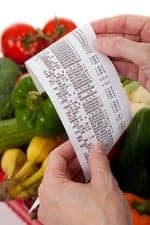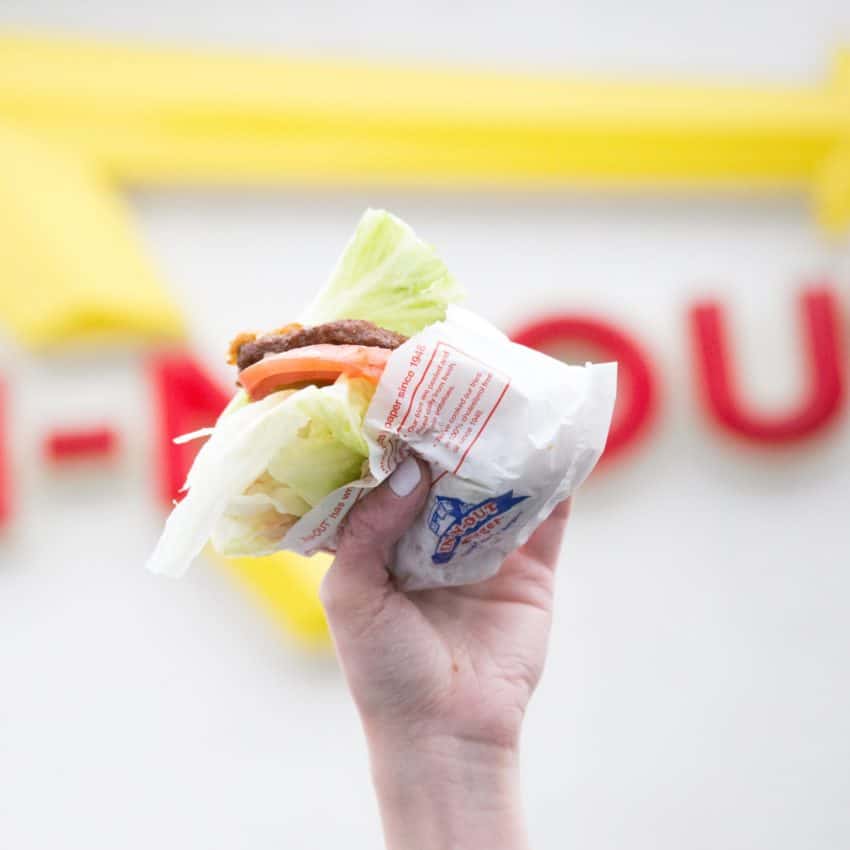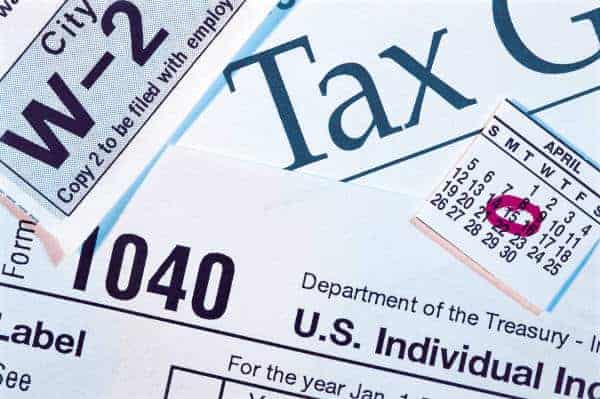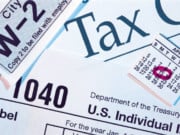We hope this guide for Special Diet & Gluten-Free Tax Deduction steps will help answer questions about how to deduct special diet expenses, who can deduct them, and how to speak to your tax professional about the medical tax credits. - Updated to reflect the the latest tax code for medical deductions
Is there really a gluten-free tax write off?

If you or your child has Celiac Disease or another medical diagnosis requiring a special diet, don't forget to talk to your accountant about deducting the extra expenses related to gluten-free products or other specially-purchased items.
Currently, filers can deduct total qualified unreimbursed medical care expenses that exceed 7.5% of their adjusted gross income if they itemize their deductions.
Get more general information about the medical deduction in this article from Turbo Tax.
The IRS allows you to deduct qualified medical expenses that exceed 7.5% of your adjusted gross income for 2017 and 2018. The code was revised starting Jan. 1, 2019, when all taxpayers could deduct only the amount of the total unreimbursed allowable medical care expenses for the year if they exceeded 10% of their adjusted gross income. The code was revised again for 2020, 2021 and 2022 tax years to 7.5% adjusted gross income.
Here's the IRS definition of allowable Medical and Dental Expenses
Which Expenses Can I Deduct for a Gluten-Free Diet?
If your total medical expenses for the year meet the required percentage of your adjusted gross income, you may be able to deduct the difference in cost between “regular” food products and gluten-free alternatives. You can also deduct the total cost of items that would not be purchased at all if not for the gluten-free diet (such as xanthan gum or sorghum flour, for example). Shipping costs for gluten-free items are also fully deductable.
PRO TIP: When looking at total medical expenses, be sure to include doctor and Rx co-pays, insurance, dental, medical mileage and other expenses to include. These expenses are all clearly allowable, and may add up to more than you think, when groceries are included.
Be sure to consult a tax professional about your tax deductions for Celiac Disease costs and tax write-offs for a gluten free diet or other medically necessary diet.
From the National Foundation for Celiac Awareness (Beyond Celiac): Individuals diagnosed with Celiac Disease may be able to receive tax deductions for expenses associated with gluten-free foods and products. However, there are a few catches to obtaining them.
Tips to help you through the procedures and paperwork for special diet/gluten-free tax deductions:
Here are the steps for taking a special diet or gluten-free tax deduction:
Step 1: Get A Doctor’s Note
Request an official, written Celiac diagnosis (or other diet requirement) from your doctor. Submit this documentation with your other completed forms (see Step 4). Make sure to keep a copy for your records!
Step 2: Save Your Receipts
Keep receipts of all gluten-free purchases from grocery stores, bakeries and anywhere else you buy gluten-free items.
Step 3: Break Out the Calculator
List the prices of gluten-free foods compared to those of regular foods. The difference between those prices is tax-deductible. For example, if a pound of wheat flour costs $0.89 and a pound of rice flour costs $3.25, then you may deduct $2.36 for each pound of rice flour purchased.
Products like xanthan gum and sorghum flour are completely tax-deductible as they have no "regular" counterpart. This is because they are purchased entirely to meet your dietary needs. Shipping costs for online purchases are also permissible deductions.
Step 4: File Your Claim

Fill out form 1040 schedule A for medical deductions. Refer to:
- IRS Publication 502
- Revenue Rulings: 55-261, 2002-19 and 67 TC 481
- Cohen 38 TC 387
- Flemming TC MEMO 1980 583
- Van Kalb TC MEMO 1978 366
Feel free to cite these references in your tax paperwork.
This Tax Deduction Guide for Gluten-Free Diets is meant as a guideline. For specific circumstances for gluten-free write offs, contact an accountant or tax professional.

Can you write off gluten-free food from restaurants too?
Again, it's all about documentation. If your meal is clearly part of a special diet, it should qualify for a gluten free tax deduction.
Some restaurants, like In-N-Out, mark allergy requests on the receipt. That makes it clear that the purchase was in accommodation to your needs.
Frequently Asked Questions About Gluten-Free Tax Deductions:
Yes. Grocery and food expenses from medically prescribed or necessary diets, such as gluten-free for Celiac Disease, can be written off as part of medical expense deductions on U.S. taxes.
Yes, gluten-free food expenses can be ducted from taxes as part of medical expense deductions. People following a special diet can write off the difference between gluten-free products and the foods they are replacing.
Gluten-free food expenses can be ducted from taxes as part of medical expense deductions for people with Celiac Disease. You must have a medical diagnosis or letter from a doctor directing you to follow a gluten-free diet to take the deduction.








Nay Sprague says
Thanks for posting this. My Dad was Celiac Disease 10 years ago and it has been a struggle to not only find gluten-free food, but to be able to afford it as well. I'm definitely going to tell my folks about this info.
Jen H says
I tried this last year for my children who are both gluten & dairy-free. I deducted the additional food cost, mileage to their therapies, etc. and still came out better taking the standard deduction. It was a waste of many hours of tracking mileage and food costs in excel. Unless you have a lot of medical bills, it's probably easiest to just take the standard deduction and still come out ahead of itemizing these thing.
marie baker says
This is great!
Tracy M. says
My mom is celiac and I am gluten-intolerant. Can this be used for gluten-intolerance as well? Thanks!
G-Free Foodie says
As long as there is a doctor's diagnosis, yes.
Natalie says
such an very helpful information! thanks for sharing 🙂